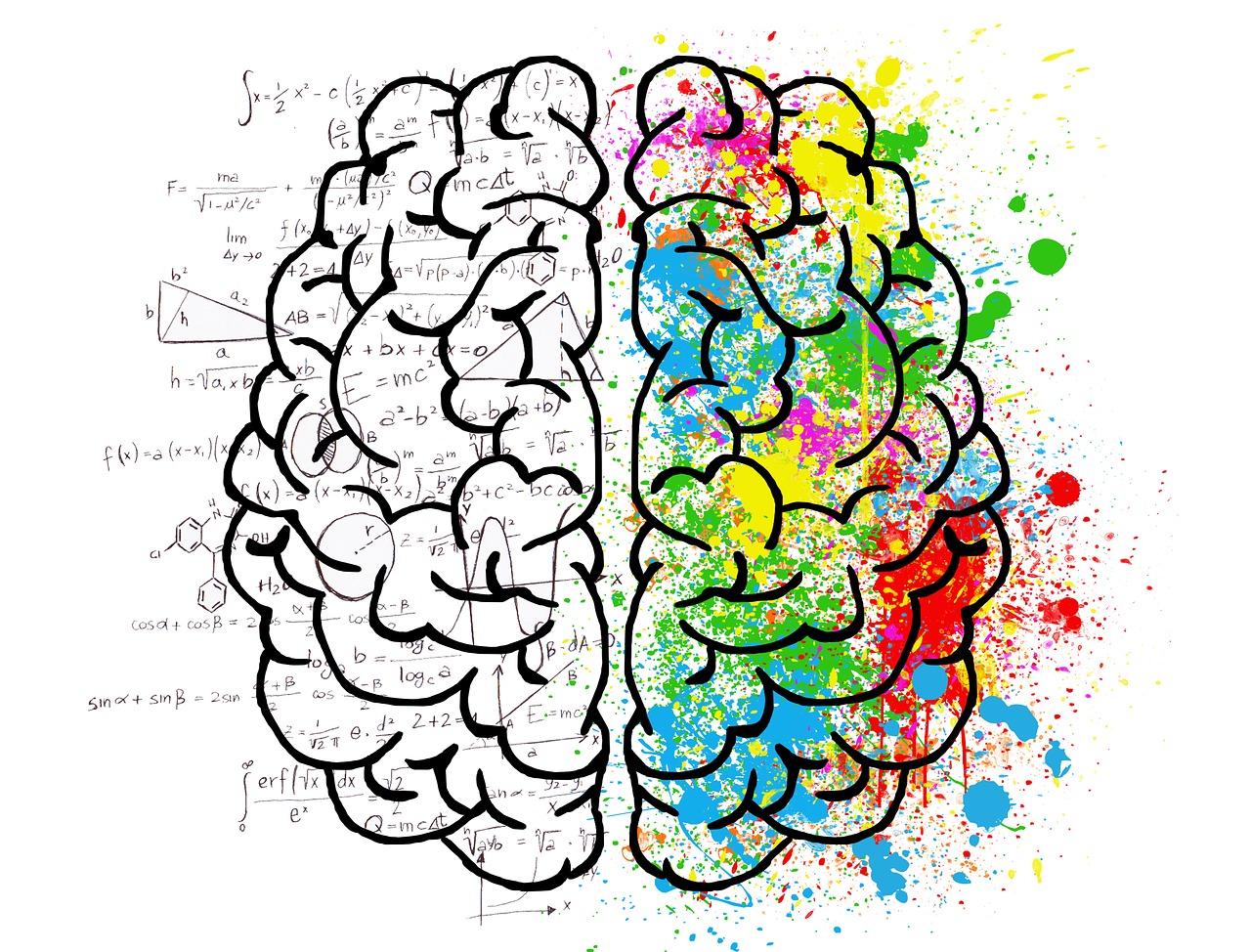If a doctor has ever told you “it’s all in your head” this will resonate with you.
A neurologist at the Harvard Medical School named Matthew Burke has written an article titled “It’s All in Your Head” for the well-read Journal of the American Medical Association. According to Dr. Burke, the problem of physicians telling patients that unexplainable symptoms are all in their head has become a silent epidemic, “slowly eroding patient-physician relationships, perpetuating unnecessary disability, and straining health care resources.” No kidding!
Why it’s not all in your head
The problem, Dr. Burke thinks, is that too many doctors fail to understand that psychological problems that aren’t readily apparent in an examination can result in neurological symptoms. These physicians either ignore the symptoms or accuse the patient of “malingering” or imagining their problems. Dr. Burke describes a possible conversation between a patient and a doctor who thinks it’s all in their head this way:
“(1) the physician provides a rundown of normal investigations, (2) the patient is told they have no known medical diagnoses, (3) a brief awkward exchange occurs, and (4) little further explanation, guidance, resources, or facilitation of an appropriate referral process is given.”
Does that doctor-patient communication problem sound familiar? Here are a couple of posts I’ve seen on multiple sclerosis Facebook groups over the past few months:
- “I just had my ER doctor say ‘sometimes there’s not physiological explanation, sometimes it’s your depression and anxiety making you feel like that’. Yea lady, it’s all in my freaking head, thank you. So frustrated.”
- “I was just diagnosed today. After months of being told I had anxiety it was all in my head. Multiple emergency room visits with burning, numbness, headaches, blurred vision just all over feeling like poop. Finally I had a doctor take me seriously. Did the tests and I was diagnosed. All the others doctors made me feel like I was crazy and I was imagining my pain.”
Some people in this situation might seek out second and even third opinions. Other patients, according to Dr. Burke, may “stumble on a fringe medical specialist or alternative medicine practitioner who may offer the ‘physical’ diagnosis they’ve been yearning for,” or they may fall through the cracks. “The saddest part of this epidemic,” he continues, “is that if addressed early, these symptoms may be reversible; however, with delays to proper diagnosis and management, prognosis worsens considerably.”
What can be done?
Dr. Burke has four suggestions for ways the medical community can reverse the “it’s all in your head” mindset:
- Research: Conduct more research into the relationships between the mind, the brain, and an individual’s overall health.
- Erase the stigma: Eliminate the negative connotations associated with unexplainable symptoms.
- Collaborate: Devote more time to consulting with patients and providing collaborative care.
- Communicate: Be transparent with and supportive of patients and provide resources.
It’s difficult to predict if any of this will find a foothold with healthcare providers, but bravo to Burke for placing this problem squarely at their feet.
(A version of this post first appeared in my column on the MS New Today website).



